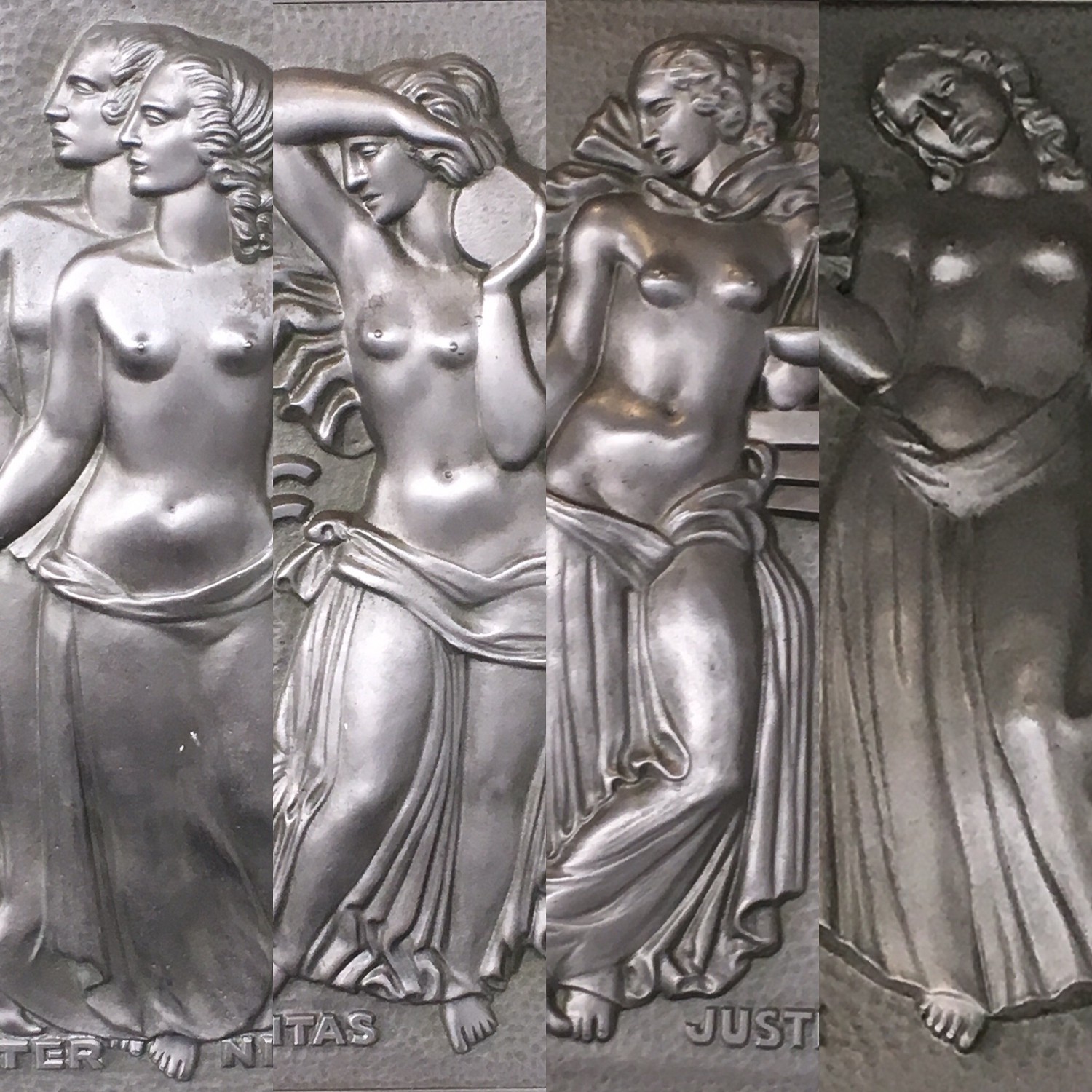I’ve been wondering if love isn’t simply open-minded attention. We show our love by being curious about the other. We want to know what makes the salamander cock his head the way he does, the wolf pack howl at the moon and the potato chip glisten in the sun. With each moment of what we might call “innocent attention,” the thing we are witnessing feels important, respected, connected. It feels loved.
I have no respect for war. It cruelly lacks effort in understanding other.
Face-to-face with horrifying current events we ask, “What do we do now?” I can’t stop wondering how peace activists, Gandhi and Dr. King, would have reacted to Bashar Al-Assad’s most recent chemical brutality in Syria. No one with a heart is interested in seeing suffering. Yes, we want to put an end to that suffering, but — — are blatant rebuttals of aggression and destruction viable answers?
Here’s Pope Francis speaking on our Syrian issue in 2013: “War begets war, violence begets violence. What can we do to bring about peace in the world, the Pope fervently asked. We must touch peoples’ hearts. And we do that through prayer.”
My book, The Charisma Code: Communicating in a Language Beyond Words, suggests that another way to touch peoples’ hearts is to seek to understand before judging another’s way of being and believing. Experiment for yourself and watch as your opposition “feels felt” and softens.
“Feeling felt” is one of the primary tactics leading psychiatrist Mark Goulston and author of the barrier-breaking book, Just Listen, uses with his clients. According to Dr. Goulston, the power of empathy not only stops work and family feuds in their footsteps, it has global consequences as well:
In a now-legendary moment, President Ronald Reagan’s talks with Soviet President Mikhail Gorbachev seemed to be at a standstill when Reagan looked behind his adversary’s stubborn face to see a leader who truly loved his people. In a moment of brilliant simplicity, he invited Gorbachev to, “Call me Ron,” (as opposed to, “Let’s keep fighting president-to-president, digging our heels in and getting nowhere”). Gorbachev not only accepted the invitation, he joined Reagan in calling an end to the Cold War. {Mark Goulston, Just Listen, (New York: Amacom, 2010), p. 48.}
How can simply placing open-minded attention on another so they “feel felt” lead to such huge changes of stance?
The Psychiatrist’s answer: “When people feel felt, they feel less alone, and when they feel less alone, they feel less anxious and afraid — and that opens them up to the message you’re trying to send. They shift from defensiveness (“Get Away!”) to reason, and they’re capable of hearing your message and weighing it rationally.” {ibid.}
The Charismologist’s answer (that’s me. I’m the charismologist here because I study charisma, the currency of connection!): “Feeling felt” is essentially the same thing as feeling connected. When we feel connected with another, we get a sense that we’re on the same team. We drop our guard and become capable of collaboration.

Last month I spoke in the ECOSOC chamber at the United Nations Headquarters for IMPACT Leadership 21’s 4th annual Power of Collaboration event. I was moderating the global youth panel entitled, “Leading Beyond Fear.” I began my panel announcing the release of my book, The Charisma Code, in audiobook accompanied by the following one-minute video that was live-streamed through UN TV.
“Soul force” is a loose translation of the Sanskrit word Satyagraha, tied to the practice of nonviolent civil resistance. It is a concept Dr. King adopted from Gandhi.
We must forever conduct our struggle on the high plane of dignity and discipline. We must not allow our creative protest to degenerate into physical violence. Again and again we must rise to the majestic heights of meeting physical force with soul force. — DR. MARTIN LUTHER KING, JR., FROM HIS “I HAVE A DREAM” SPEECH

There is nothing lazy about nonviolent civil resistance. As any mindfulness practice immediately shows us, it’s much harder to use our soul force to calm down our reactive, defensive and protective brainstems than it is to fight over something. The ‘dignity’ Dr. King alludes to in his quote above requires we have the conviction to stand boldly for what we believe in while simultaneously seeking to understand the perspective of our opposition — NOT ‘degenerate’ by rallying a serve of violence with more violence.
I have no respect for war. It cruelly lacks effort in understanding other. If you, like me, want to help herald in a time of peace wherein we spend more time enjoying the finer pleasures and diverse tastes of life in exchange for less time guarding ourselves from them, I invite you to open your eyes a little wider, sharpen your inner love scientist and start exercising your attention muscle on whatever is in front of you. That’s it. Your open-minded attention is the one thing you can do right now to help stop war and create a culture of peace.
Originally published at medium.com


